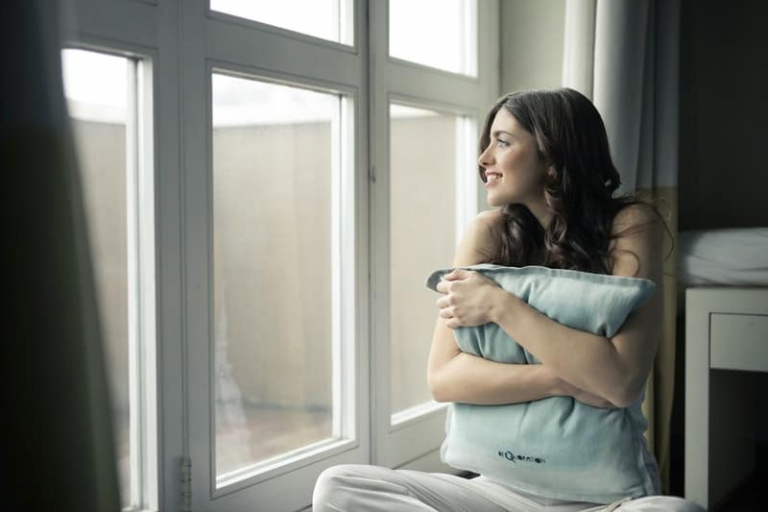15 Ways Self-Love Transforms Your Mind and Well-Being
Self-love isn’t about bubble baths and brunch selfies—though let’s be real, I adore both. Honestly, real self-love goes way deeper. It’s how you treat yourself when nobody’s watching, how you pick yourself up after a bad day, and how you talk to yourself in the mirror when the world gets loud.
When you start practicing it, things just hit different. You stop settling for nonsense. You become your own safe place. It’s not just a buzzword; it changes your whole vibe, even on days when you’d rather hide under the covers.
I’m talking about a real, messy, daily kind of magic that lifts you up and lets you breathe. Here are 15 powerful, soul-hugging ways self-love transforms your mental health, emotional balance, and the way you live your life—from the inside out.
1. You stop accepting bare-minimum love from other people.
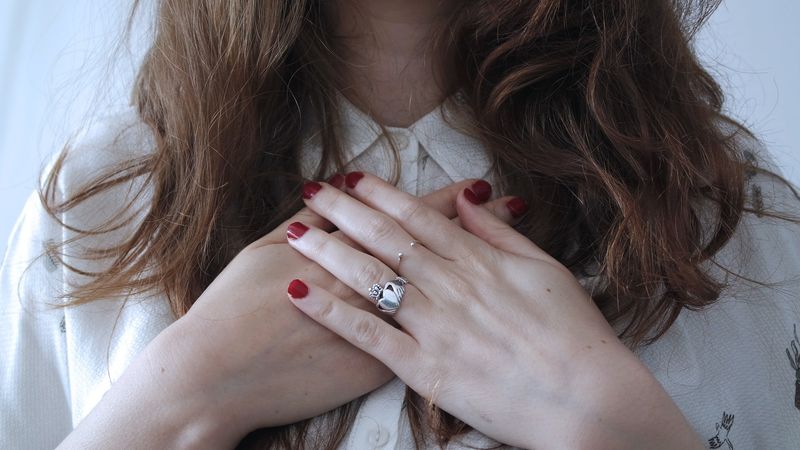
Ever catch yourself clinging to someone who can barely text you back? Been there, done that, burned the t-shirt. When you finally see your own value, it’s wild how quickly you notice who’s giving you scraps.
Suddenly, what once seemed like “enough” just doesn’t cut it. You stop making excuses for their lack of effort and start expecting—and accepting—more. Mediocre attention and empty promises feel like a bad deal, and you’re out here refusing discounts on your own heart.
It’s not about arrogance, it’s about respect. You realize you’ve got far too much to offer to settle for crumbs. So you quietly, fiercely, walk away from people who don’t meet you halfway, and the peace you find? Absolutely priceless.
2. Negative self-talk starts losing its grip.
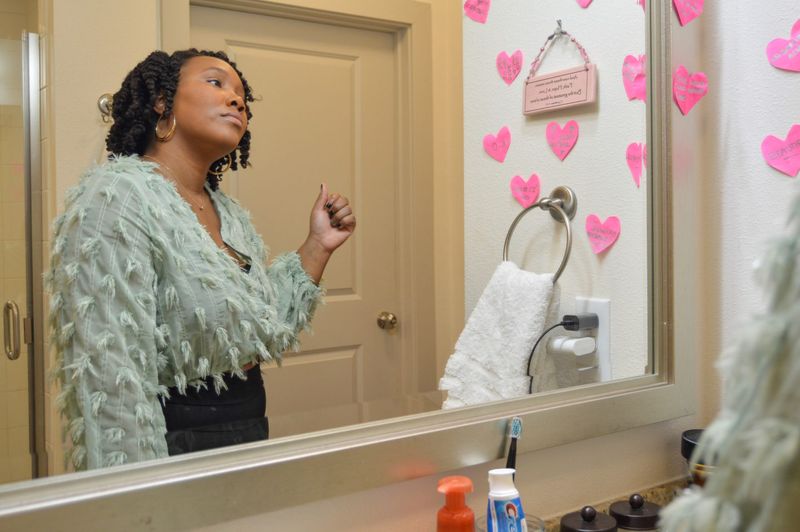
Ever have that inner mean girl who loves to remind you of every single flaw? Mine used to have a megaphone. But when you practice self-love, that voice gets a little quieter.
You start noticing how you talk to yourself, and it feels strange at first—catching yourself mid-critique and flipping the script. It’s not about pretending your flaws don’t exist, but about whispering kinder truths back. “You messed up” becomes “You tried; that’s brave.”
Over time, the habit sticks. The negativity loses steam, and you begin to feel safer in your own head. It’s like changing the radio station from static to a playlist that actually lifts you up instead of dragging you down.
3. Your boundaries get crystal clear.
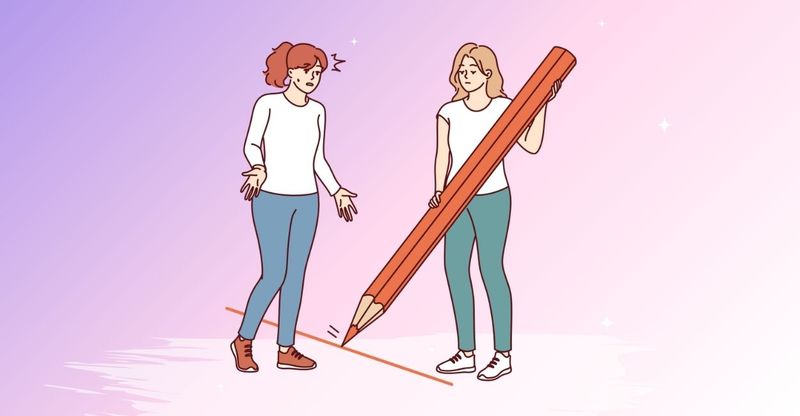
There’s something radical about saying “no” without a 10-minute explanation. The first time feels awkward—like you’re breaking some rule, but what a rush! Setting boundaries isn’t about shutting people out; it’s about letting the right ones in.
You realize your time and energy aren’t infinite. Suddenly, canceling plans or drawing the line isn’t selfish, it’s survival. Self-love hands you permission to protect yourself, even from things that used to pull you thin.
Instead of guilt, you find relief. Saying “no” gets easier and lighter each time. People who respect you rise up, and those who don’t, well, they fall away. Boundaries turn out to be the ultimate act of self-respect—and your nervous system says, “thank you.”
4. You bounce back faster from setbacks.

Let’s be honest, bad days come for all of us. What changes with self-love is how you handle the fallout. You turn from your own worst critic into your own best cheerleader.
Instead of spiraling, you pause and remind yourself: one rough patch doesn’t define the whole journey. You start comforting yourself like you would a friend—gentle, firm, and a little bit sassy. It’s less shaming, more soothing.
You bounce back quicker because you know how to treat yourself kindly. Maybe you take a walk, journal it out, or simply allow yourself that extra coffee. The setback doesn’t stick, because you won’t let it be the headline of your story.
5. Your decisions start coming from self-trust, not fear.
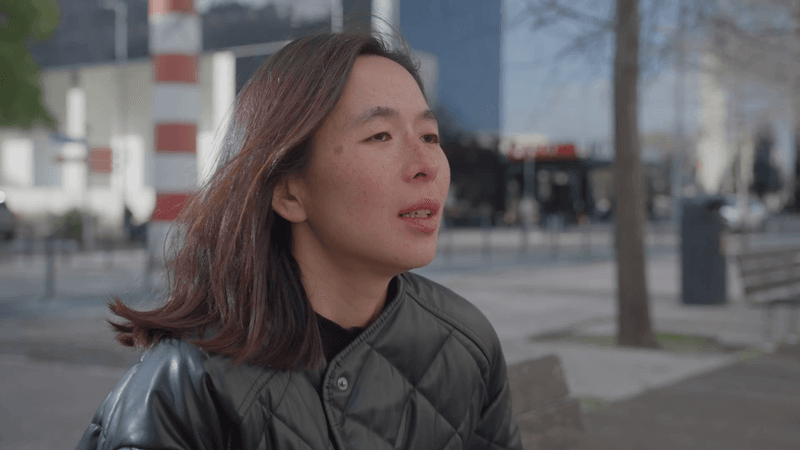
Ever find yourself polling the group chat for every decision, from what to wear to where to work? It’s exhausting. Self-love is when you start trusting your own gut more than outside noise.
You get brave enough to choose for yourself—not because you’re never scared, but because you trust that you can handle what comes next. That inner confidence lets you make moves that feel right, even if nobody else gets it.
You don’t second-guess every step. You realize your instincts are worth listening to. Life starts feeling less like a test and more like a chance to choose for yourself, unapologetically.
6. You stop chasing validation.

You know that little hit of dopamine you get when someone likes your post? I used to live for it. But with self-love, outside approval starts to matter less.
You still enjoy compliments, sure, but you don’t depend on them to feel good. Suddenly, you’re not bending over backward for claps or chasing gold stars. You learn to like yourself, even if no one “likes” your photo.
Validation from others becomes a bonus, not your main meal. You stop performing and start simply being. It’s freeing when you realize you’re the only one who has to believe you’re enough.
7. Anxiety has less room to take over.
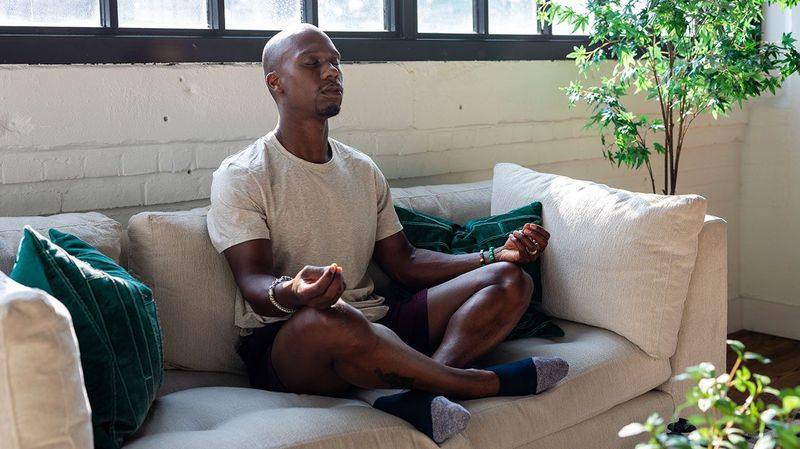
If you’re someone who’s lived with anxious thoughts, you know how loud they can get. But self-love starts to lower the volume. You start believing you can handle whatever shows up.
Instead of obsessing over every possible mistake, you trust yourself to figure it out. Worries still come, but they don’t pin you down. Every time you choose kindness toward yourself, you chip away at panic and make space for calm.
The shift isn’t overnight, but it’s real. Eventually, your self-trust is bigger than your fears. Peace creeps in, slow and steady, and some days, it even stays.
8. You finally rest without guilt.

Rest used to come with strings attached—guilt, shame, a running to-do list in my brain. But with self-love, rest becomes something else. It’s not a reward for finishing everything.
You learn you don’t have to “earn” permission to take breaks. A nap, a slow morning, or even a full weekend off isn’t laziness—it’s self-respect in action. You start letting yourself recharge without a side of inner criticism.
Soon, your body listens. You wake up feeling better, not behind. The world doesn’t fall apart because you paused. In fact, it feels lighter when you finally let yourself rest for real.
9. You treat your body like a teammate, not a problem to fix.

There’s a quiet revolution in not picking yourself apart every morning. Self-love flips the script—your body goes from being the enemy to being an ally. You notice what it can do, not just how it looks.
Instead of fighting your thighs, you thank them for carrying you all day. Wrinkles? They’re proof you’ve smiled a lot. You catch yourself admiring your reflection for no reason at all.
The nitpicking fades, replaced by small celebrations. You start caring for your body from a place of kindness, not punishment. That shift changes everything—clothes fit better, food tastes better, and you feel at home in your own skin.
10. Comparison loses its power over you.

Comparison used to be my favorite pastime—scrolling, measuring, feeling less-than. Self-love melts that urge away. Suddenly, someone else’s glow-up doesn’t make you dimmer.
You catch yourself rooting for friends, not competing with them. Their wins spark your hope instead of your envy. It’s such a relief to cheer instead of compare, seeing that the finish line isn’t a single spot reserved for just one.
Your timeline becomes a source of inspiration, not insecurity. You realize there’s room for everyone, including you. And yes, life gets way lighter without the weight of comparison holding you back.
11. You start speaking up for what you need.

For years, I thought people would just “know” what I needed if they cared. Spoiler: They didn’t. Self-love gave me the courage to use my voice.
You stop waiting for mind readers and start stating your needs out loud. It feels bold at first—uncomfortable, even. But nothing’s more powerful than saying, “This is what I need,” and watching the world adjust.
You become your own advocate, not your own afterthought. Life gets easier when your needs aren’t a mystery. The right people will meet you there, and the rest? You learn to let go.
12. You feel more emotionally safe—with yourself.

Being emotionally safe with yourself is underrated. It’s the difference between bracing for an inner lecture and offering yourself a hug. Self-love means you become a soft place to land.
You notice your feelings without judgment, holding space for sadness, joy, or frustration. If you mess up, you comfort yourself instead of doubling down on shame. That habit makes navigating challenges so much gentler.
You stop being your own bully. The relief is huge; you’re finally on your own side. And honestly, that’s where true emotional safety begins—right at home, inside your own heart.
13. You stop performing.

For ages, I felt like I was always “on.” Smiling, blending, editing myself to fit the room. It’s exhausting, right? Self-love lets you drop the act—the mask finally comes off.
You show up as your actual self, quirks and all. The real magic? You draw in people who adore the real you, not the edited version. Suddenly, small talk feels less like script-reading and more like a real conversation.
Performing is draining. Being real feels like a long exhale. You find freedom in your own skin, and with it comes the sweetest relief you never knew you needed.
14. Your joy feels more accessible.

Joy doesn’t have to wait for a big moment. Self-love teaches you to find little celebrations everywhere. Dancing in the kitchen, laughing over coffee, even singing off-key in the car—it all counts.
You notice the everyday sparks that used to slip by. Small things start to fill you up. Suddenly, your happiness isn’t on hold for perfect circumstances or gold-star achievements.
You allow yourself tiny pockets of delight, and over time, it becomes a habit. Joy feels like it’s always within reach, even on the most ordinary days. Simple, steady, and oh-so-satisfying.
15. You finally realize you’ve always been whole.

Here’s the truth: you don’t need to “fix” yourself to be worthy. Self-love is that moment you stop waiting for arrival—at a certain weight, relationship, or milestone—to feel whole. You realize you’re already complete.
The pressure to prove, chase, or earn your own love just falls away. Wholeness isn’t a finish line; it’s your baseline. You are enough, messy bits and all.
The freedom in this realization is life-changing. It softens every insecurity. You stand in your own skin, quietly knowing you’ve always had everything you needed inside you. That’s real peace—and it’s yours.





